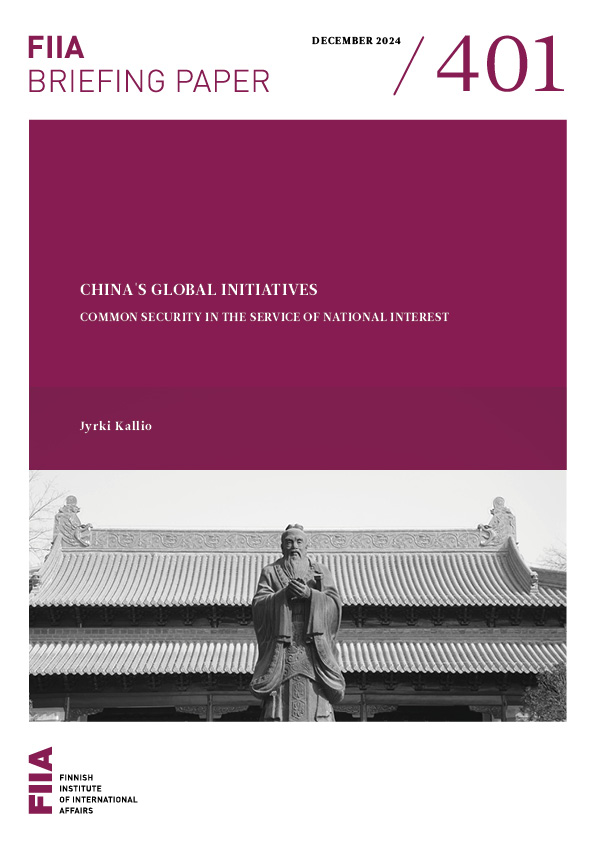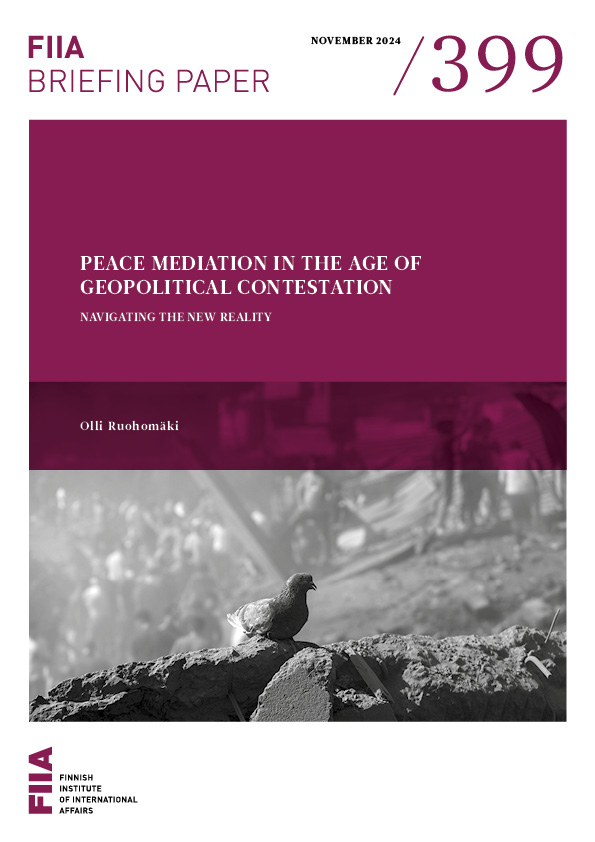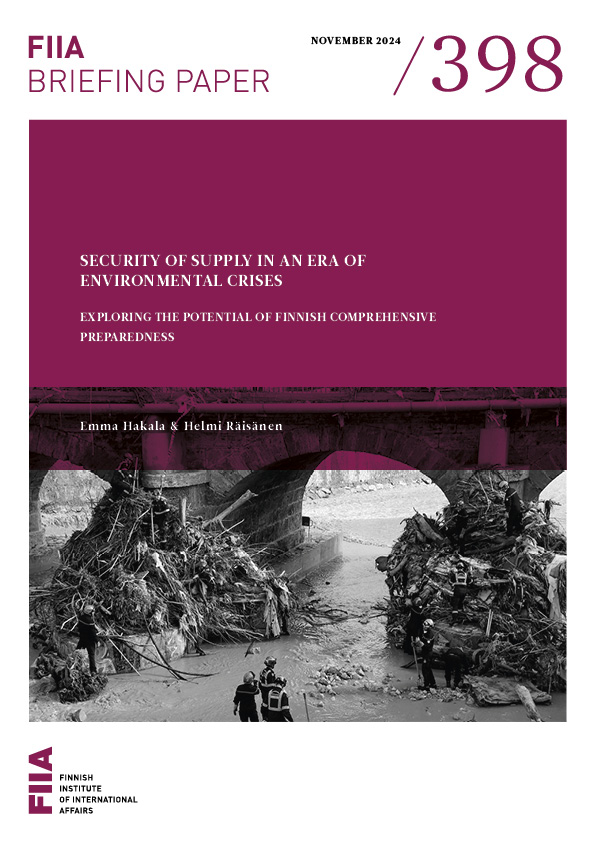The recent appointment of the UN Secretary-General’s special envoy to Libya and the UN Security Council’s almost simultaneous referral of Libya to the International Criminal Court reveal a dualistic, and rather self-contradictory, role for the UN as a negotiator and a law enforcer in Libya.
On 6 March 2011, UN Secretary-General Ban Ki-moon appointed former Jordanian foreign minister Abdelilah Al-Khatib as his special envoy to Libya. The UN’s mediation efforts are desperately needed to establish humanitarian access to over a million civilians in need of humanitarian assistance in the country and the region. This, in turn, calls for UN efforts to obtain the consent of both belligerent parties—the Gaddafi regime and the Interim National Council—to the delivery of humanitarian assistance and protection of civilians.
The prospects for UN mediation in Libya, however, have been undermined or at least complicated by the UN Security Council’s decision a week earlier to authorise criminal enquiries by the International Criminal Court against the Libyan leadership. The UN consequently finds itself in a rather awkward position, attempting to play the double role of negotiator and law-enforcer in the conflict.
During the defensive phase of the civil war, Colonel Gaddafi’s internationally isolated regime reportedly sought negotiations and a channel of communication with the Interim National Council as well as with its closest, albeit few, allies on the international stage. These initiatives either backfired or were rejected, leaving a ‘peace mediation gap’ in the Libya crisis, which is particularly alarming and unflattering for the UN.
As a universal organisation, the UN should be prepared to provide rapid and effective good offices as well as a workable ‘exit strategy’ for those government representatives who have lost their legitimacy to rule by committing egregious human rights crimes. This would be a prerequisite for restoring minimum human security in conflict areas like Libya.
Resolution 1970 adopted by the Security Council on 26 February 2011 reflects, on the one hand, a limited humanitarian objective to alleviate the human suffering caused by the Libya crisis and to contain its contagious effects on the region, rather than a more ambitious effort to launch a timely and decisive action to bring the crisis to an end.
With Resolution 1970, the UN Security Council set in motion conventional means of crisis management, including an arms embargo against Libya and travel bans and asset freezes against the Libyan leadership. On the other hand, the Security Council’s ‘hands-off’ mentality and the adoption of limited humanitarian action in Libya may, in the long run, prove paradoxical in that the establishment and maintenance of humanitarian operations might not be possible without robust action to secure unhindered access for humanitarian agencies in Libya and without decisive measures to resolve the crisis.
In the future, the UN needs to clarify its role in the Libya crisis, which is presently indeterminate and somewhat paradoxical. At the moment, there are five different policy options and scenarios available to the UN: (1) the delivery of humanitarian assistance premised on the consent of the belligerent parties, in the event that the intensity level of the conflict is low; (2) the adoption of a more robust Security Council resolution with the aim of strengthening sanctions against the Gaddafi regime or securing humanitarian access by the use of collective and coercive force, if necessary, in case the civil war is prolonged and there is a risk of a supreme humanitarian emergency; (3) the referral of the situation in Libya to the UN General Assembly under the ‘Uniting for Peace’ clause, should the Security Council’s decision-making be paralysed due to a veto wielded by any one of its five Permanent Members; (4) the bypassing of the Security Council’s authority by regional organisations, notably NATO; and (5) a paralysis of international and regional action in Libya.
As for the second option, the UK and French delegations at the UN have already set about drafting elements of the second, more coercive, Security Council resolution, including the establishment of a no-fly zone. However, this initiative serves not only as an actual contingency plan for possible UN action in the future, but also, and perhaps more crucially, as a political deterrent against the Libyan leadership. The diplomatic moves for a new resolution at the UN, much like the military manoeuvres of US warships on the Liberian coastline, are designed to signal the determination, willingness and readiness of the international community to take robust action in Libya, in the event that its current regime continues to commit widespread and systematic attacks against the civilian population.
Among the five Permanent Members of the Council, China and Russia have been concerned about the short-term repercussions of a possible military intervention in Libya on the security of their own expatriate communities in the country, as they are being evacuated from the region, as well as its longer-term impacts as a precedent of the ‘norm of intervention’ in international security policy. However, they might have to scale down opposition against a robust collective action in the future if the situation in Libya continues to escalate into a supreme humanitarian emergency.
Thus far, regional organisations like the Arab League, the Gulf Cooperation Council and even the Organization of the Islamic Conference, which typically refrains from presenting ‘interventionist’ positions, have expressed their endorsement of a coercive international action in Libya, although the African Union has objected to a Western military intervention on Libyan soil.







